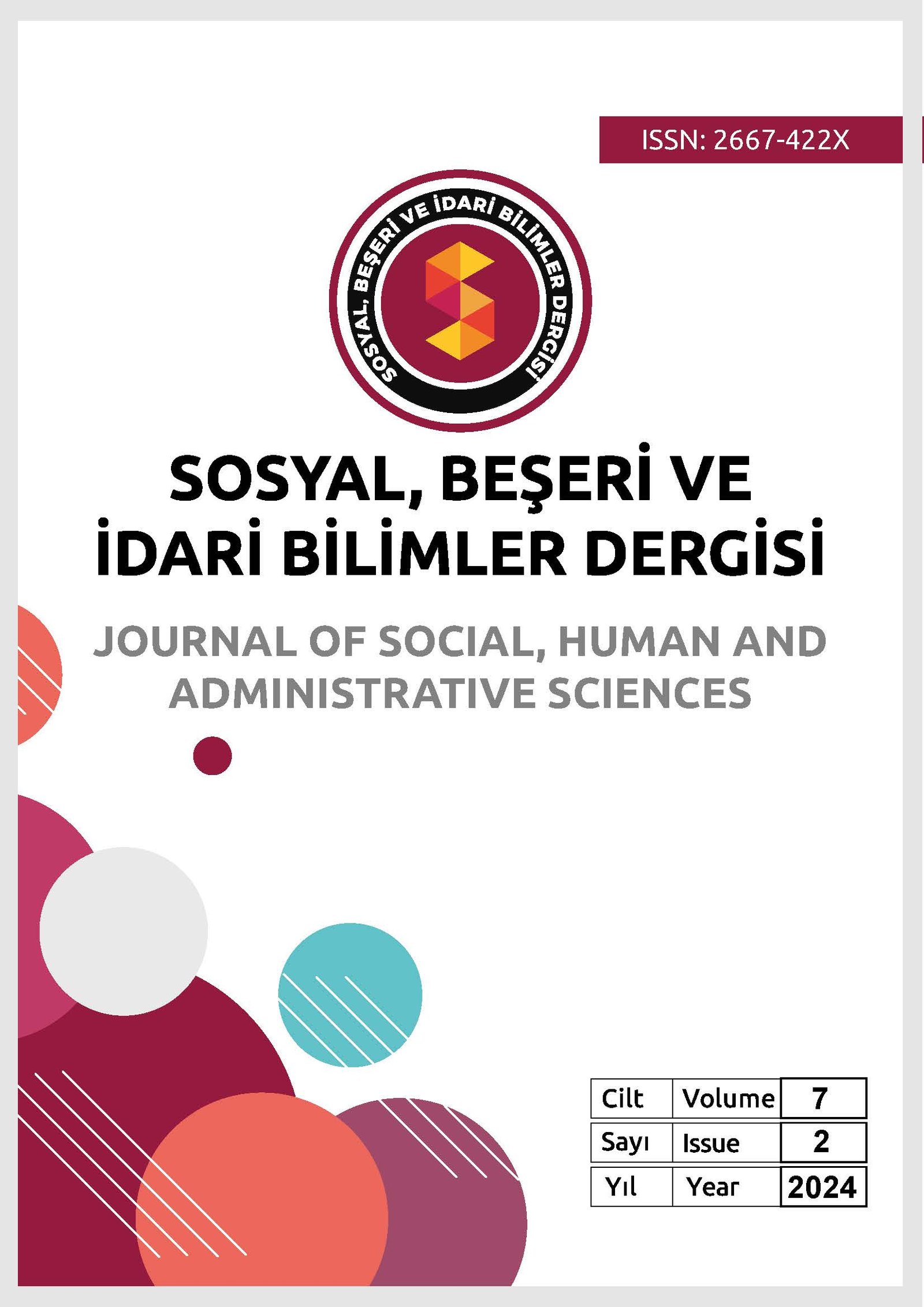The Effect of Quiet Quitting On Job Satisfaction: A Research for Aviation Sector Employees
Main Article Content
Abstract
The concept of quiet quitting has become an issue that organizations need to understand as a new employee behavior phenomenon of today. For organizations, the quiet quitting situation that their employees may experience may create outputs that they may experience productivity losses. The behavior and attitudes of employees who take responsibility in their jobs only to the extent of their duties; it means that they silence themselves and do as much work as they can. This attitudinal approach leads us to the essence of the concept of quiet quitting. In evaluations of job satisfaction, the way employees express their dissatisfaction at work is important. In this context, this study aims to determine the effect of quiet quitting on job satisfaction. For this purpose, 453 people working in the aviation sector at İGA (Istanbul Ground Airport) were reached. The correlation analysis revealed a highly significant negative relationship between quiet quitting and job satisfaction with r=-0.765 (p<0.05 significance level). The regression analysis revealed that quiet quitting has an effect on job satisfaction (β=-0.739; p<0.05). As a result of the difference tests (t test, ANOVA) on quiet quitting and job satisfaction, significant differences were found between gender, status, age, education and working hours at p<0.05 level of significance.
Article Details

This work is licensed under a Creative Commons Attribution 4.0 International License.

